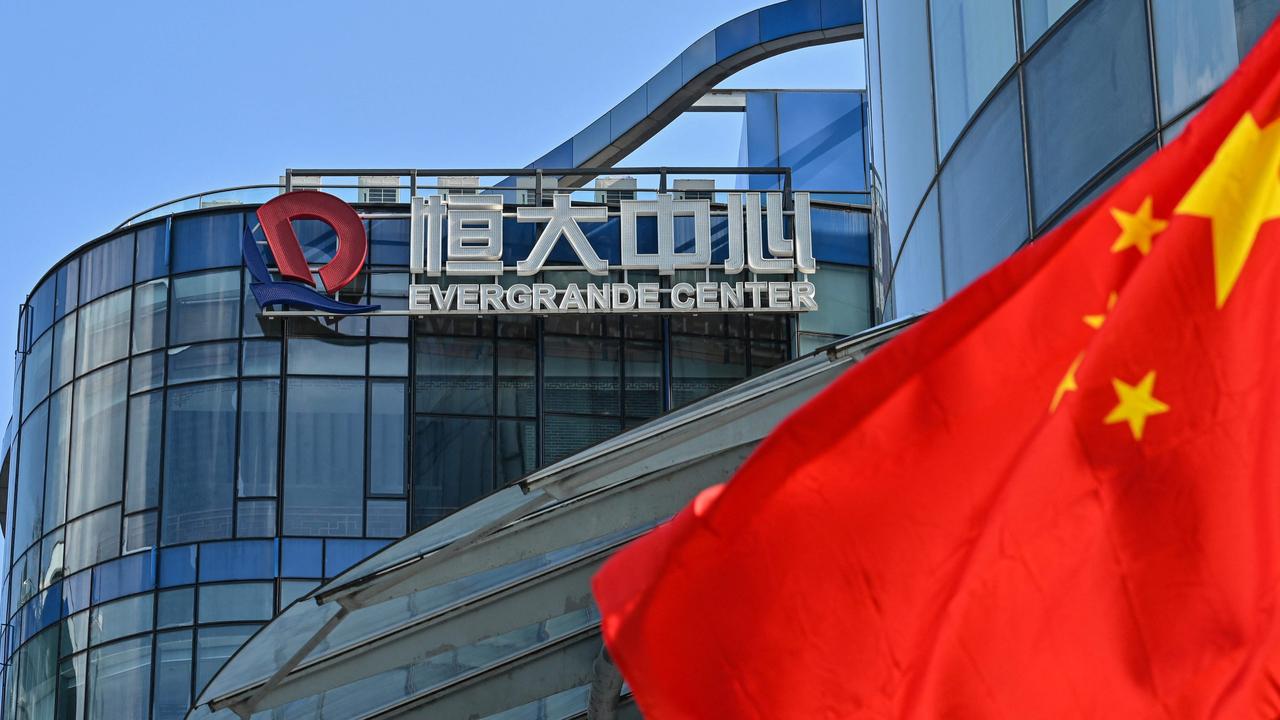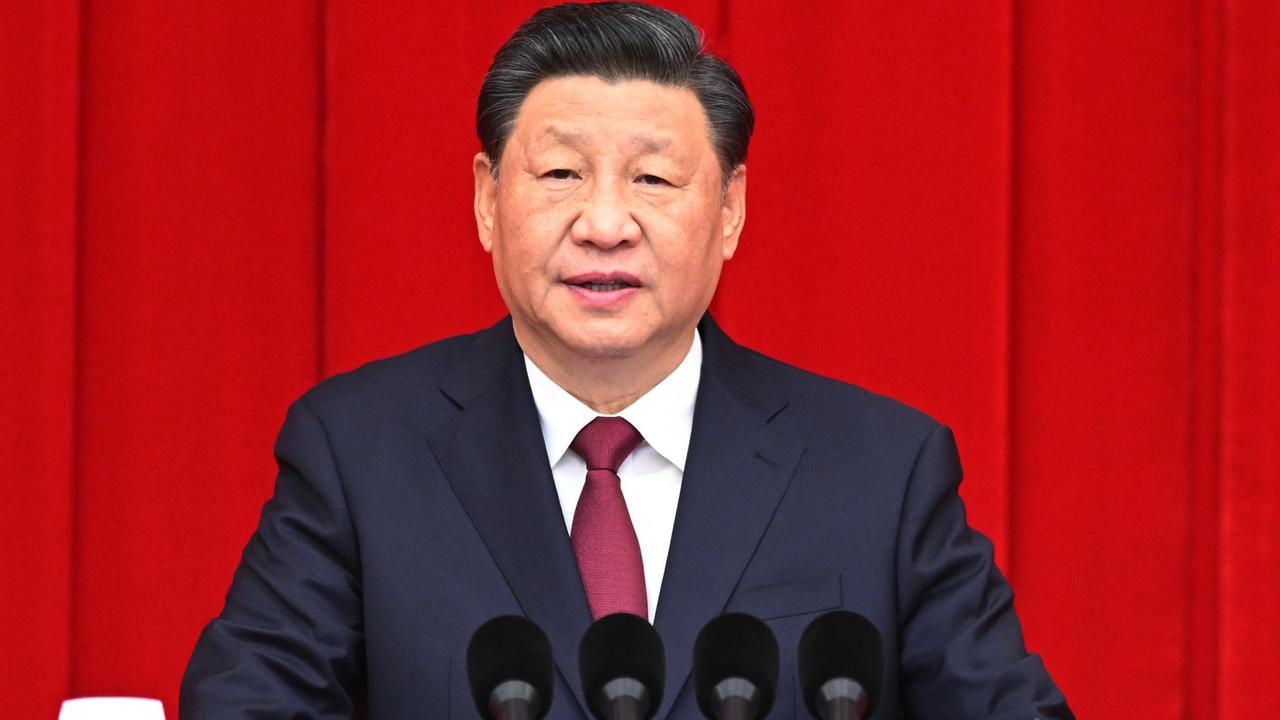Bizarre property deals expose China’s ‘looming risk’ as real estate crash escalates
As China’s property crisis escalates, attention is turning to a truly bizarre strategy that could pose a serious danger to the nation.
As China’s property crisis escalates, attention is turning to a bizarre strategy which involves local governments selling off land – to themselves.
For years now, China has made headlines for its use of controversial funding tools known as local government financing vehicles, or LGFVs, which rose to prominence after the 2008 financial crisis.
In a nutshell, LGFVs are funding vehicles used by local governments, which typically involve investment firms selling bonds in order to finance real estate development or other local infrastructure projects.
It sounds complicated, but essentially means local governments are selling off land to themselves in order to free up cash.
While LGFVs are not a new phenomenon, LGFV property sales have skyrocketed in recent months as China grapples with a real estate crash.
Property prices are in decline with sales and construction plummeting, while massive property developers such as Evergrande have teetered on the brink of collapse for months on end.
Those factors mean local governments aren’t getting the revenue from property sales they’ve grown accustomed to – which is where LGFVs come in.
In fact, LGFVs have now become the biggest buyers of land for development, eclipsing sales from developers as more and more are engulfed by debt crises.
Stream more finance news live & on demand with Flash. Australia’s biggest news streaming service. New to Flash? Try 14 days free now >

But it’s a risky strategy, with experts growing increasingly concerned by both the volume of LGFVs and the levels of debt being accumulated.
While there are no official figures on the total amount of LGFV debt, as it is kept off a government’s official balance sheet, this so-called “hidden debt” is believed to represent a huge proportion of China’s GDP.
In 2020, for example, the International Monetary Fund suggested China’s LGFV debt was about 39 trillion yuan ($A8.68 trillion), while Goldman Sachs Group Inc’s figure is even higher, at 53 trillion yuan ($A11.8 trillion) – a sum that’s more than half of China’s GDP.
“In other words, as scary as the $US300 billion [$A422 billion] Evergrande story might be, Xi’s government has much bigger problems on its hands,” Forbes’ William Pesek wrote of China’s growing LGFV problem last year.
According to Bloomberg, “LGFVs have been a looming risk in China’s credit market for years” – however, the “implicit guarantees” that local governments would prop up any struggling LGFVs meant that so far, major fallout has been avoided.
But the publication explains that “risks are rising” now, with LGFVs buying land in record volumes at the same time as prices are crashing, meaning governments aren’t getting the same bang for their buck as they once did.
With developers also hitting the pause button on construction projects, there are growing fears that LGFVs could end up with vacant lots of land.

Meanwhile, the LGFVs are also facing risks of their own “as Beijing looks to clamp down on debt that’s not on government balance sheets”, Bloomberg explains, adding that “at least five” state banks have introduced new restrictions on loans to some LGFVs.
In late October 2021, the Institute of Advanced Research at the Shanghai University of Finance and Economics revealed that around 5.82 trillion yuan ($A1.3 billion) LGFV debt would soon mature, meaning local governments could be on borrowed time.
“At present, many local governments can only continue to roll over their debts by borrowing the new to repay the old, but this is just drinking poison to quench their thirst; it’s not a long-term solution,” the report said.





